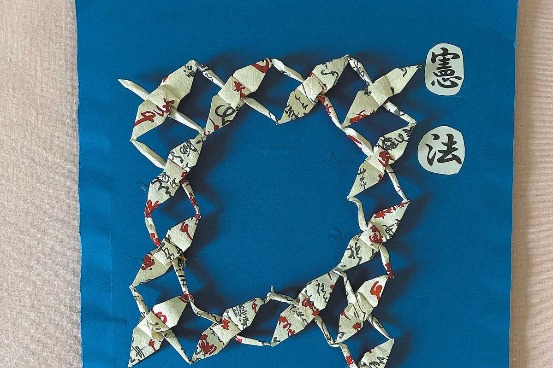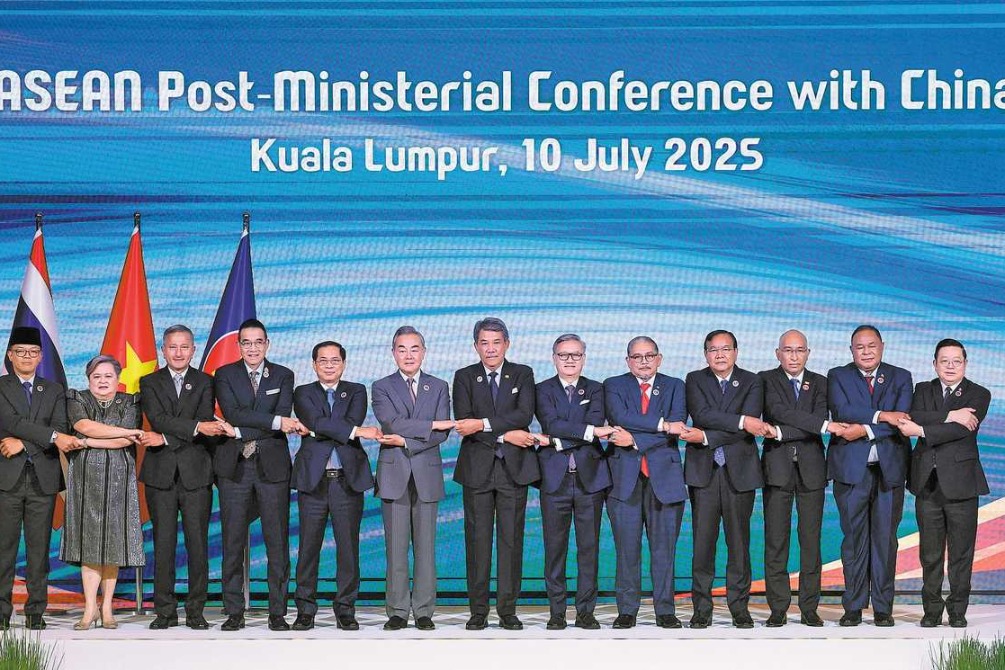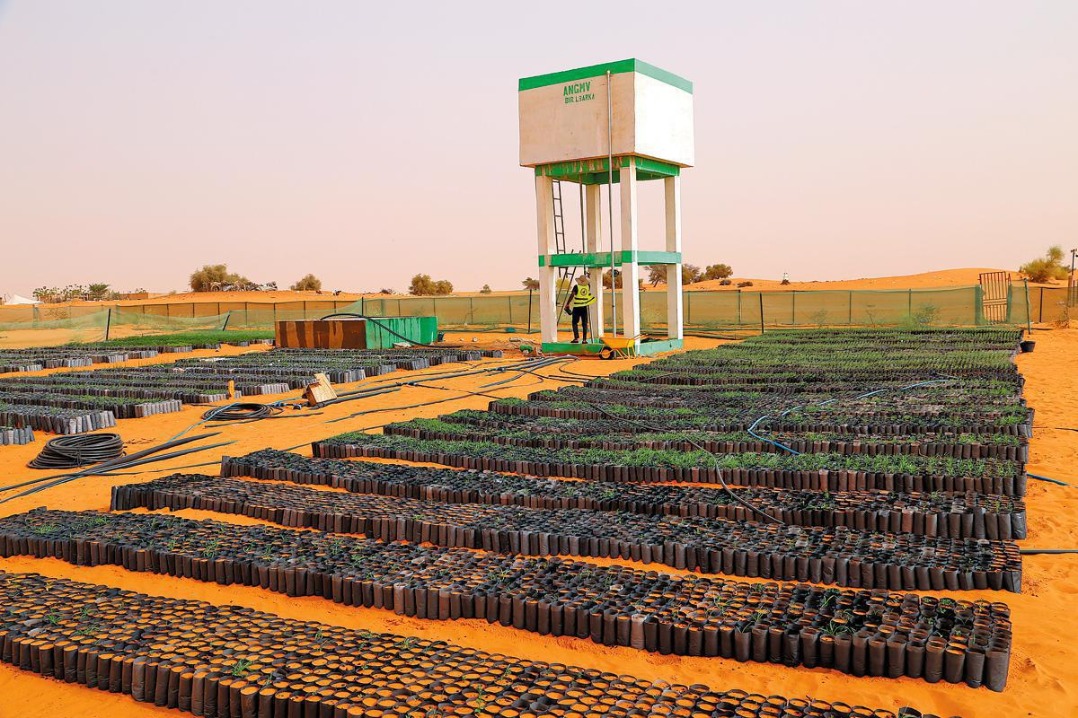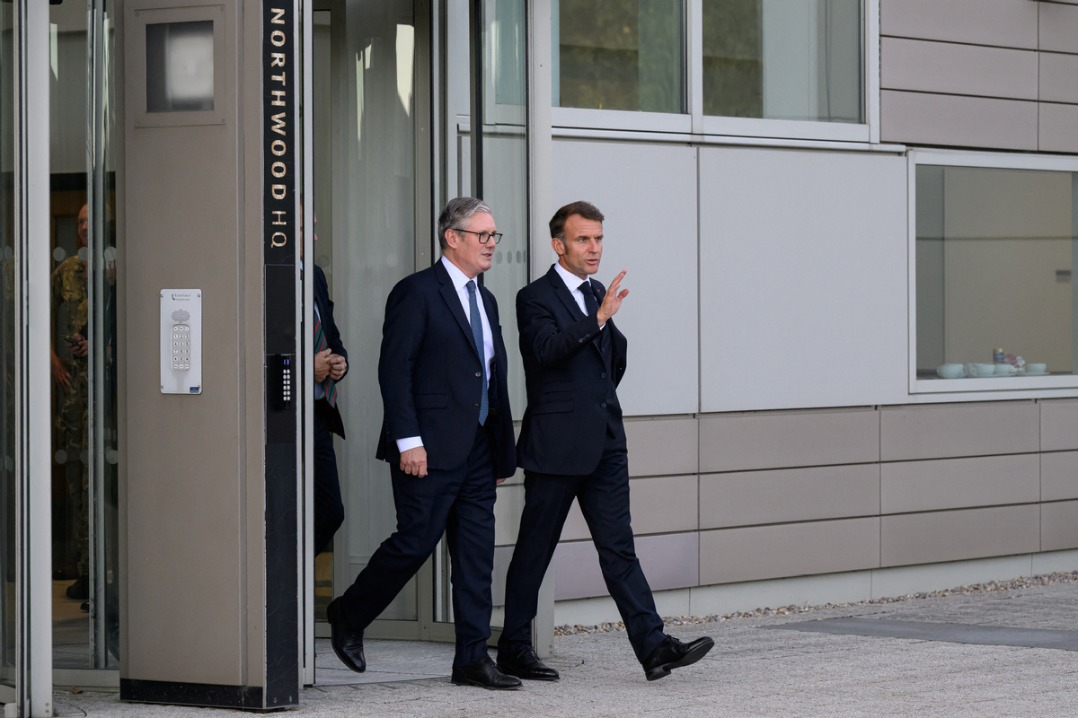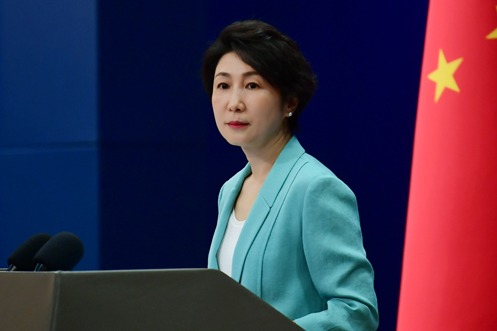New US tariff hikes cast shadow on Asia
Experts warn of damage to economies as duties slapped on 4 nations in region

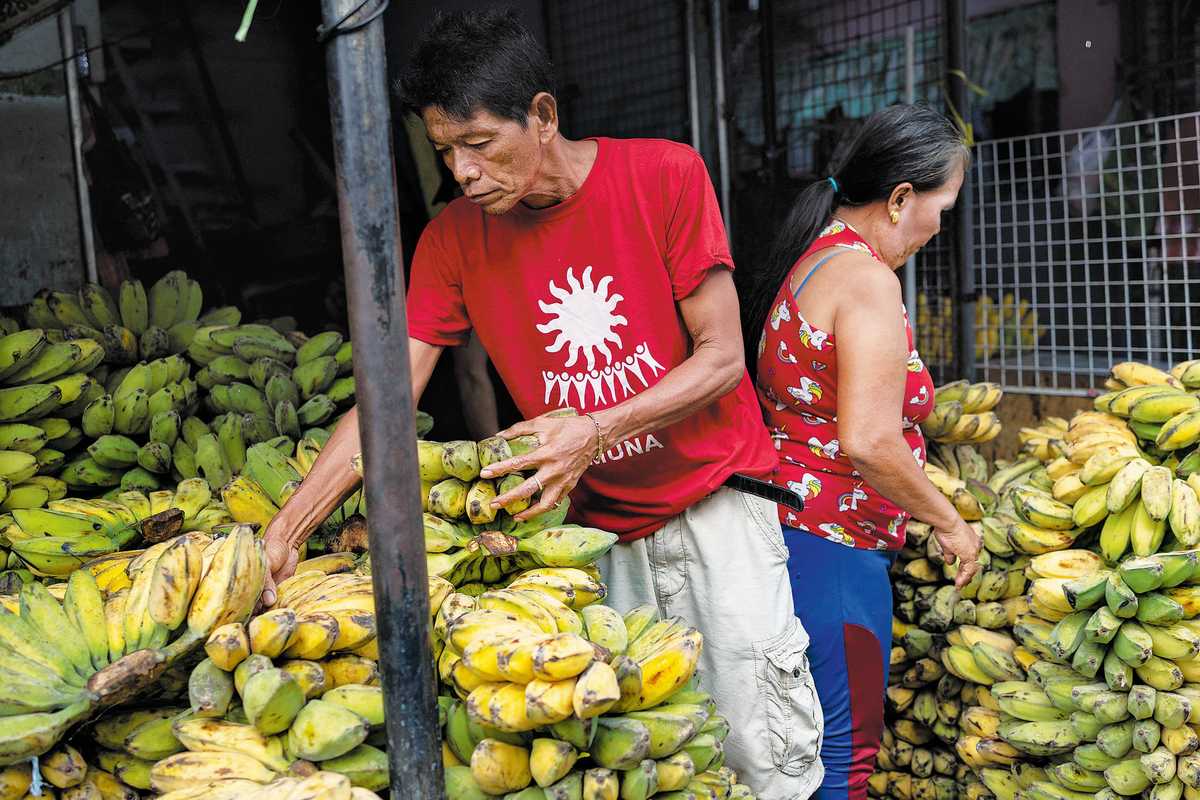
The latest round of tariffs announced by the United States has again cast a shadow over the Asia-Pacific's economic outlook as the trade-reliant region has had to grapple with export duties of as much as 30 percent.
US President Donald Trump sent letters to the leaders of eight countries on Wednesday, notifying them that tariffs ranging from 20 percent to 50 percent will be charged on goods imported from their countries starting Aug 1.
Four of the eight countries are in Asia, with 30 percent tariffs set to be imposed on Iraq and Sri Lanka, 25 percent on Brunei, and 20 percent on the Philippines.
Ananda Goonatilleke, president of the Sri Lanka-China Friendship Association, said that Washington's protectionist measures may not only push small economies like Sri Lanka's into recession, but also threaten years of progress made in poverty alleviation and sustainable development.
"The ripple effects of this tariff hike will inevitably filter through the broader Sri Lankan economy," Goonatilleke told China Daily.
He also urged the international community — especially those championing global development and South-South cooperation — "to unite in resisting divisive economic strategies that endanger stability and progress".
Frederick Go, special assistant to the Philippines' president for investment and economic affairs, expressed concerns over the higher tariffs but said the Philippines will continue to maintain a constructive and productive engagement with the US.
Go said in a Thursday briefing that a Philippine delegation is heading to Washington next week for high-level negotiations.
Ruben Carlo Asuncion, chief economist of the Union Bank of the Philippines, said that apart from harming Philippine exports, the increased US tariffs may also dampen investor sentiment.
"Foreign investors may view the Philippines as a riskier destination due to unstable trade relations with major partners," Asuncion told China Daily.
The US is the biggest export market for both the Philippines and Sri Lanka.
This is the second time this week that Trump sent letters informing key US trading partners of higher tariffs that will be implemented from Aug 1.
On Monday, Trump said he had sent letters to the leaders of 14 countries — 10 in Asia — informing them that tariffs of 25 to 40 percent would take effect next month.
The affected Asian countries are Bangladesh, Cambodia, Indonesia, Japan, Kazakhstan, Laos, Malaysia, Myanmar, South Korea and Thailand.
Trump's latest tariff threats have loomed large at the Association of Southeast Asian Nations foreign ministers' meeting in Kuala Lumpur being held from Tuesday to Friday.
Eight of the regional bloc's 10 members have received a letter from Trump.
Malaysian Prime Minister Anwar Ibrahim, who is this year's rotating chair of ASEAN, has called for greater intra-regional trade and cooperation to counter the impact of US tariffs.
"Across the world, tools once used to generate growth are now wielded to pressure, isolate and contain. Tariffs, export restrictions, and investment barriers have now become the sharpened instruments of geopolitical rivalry," Anwar said at the opening of the 58th ASEAN Foreign Ministers' Meeting on Wednesday.
'New weather'
"This is no passing storm. It is the new weather of our time," Anwar warned.
Elsewhere, Syed Mohiuddin Mohi, the first vice-president of the Bangladesh Metropolitan Chamber of Commerce Hong Kong, said the introduction of a 35 percent tariff will harm the Bangladeshi garment industry and the country's economy as a whole.
The garments and textile sector accounts for about 11 percent of Bangladesh's GDP and over 80 percent of the country's exports.
"We hope that Bangladesh will eventually secure a fair deal, especially given its status as a least developed country," Mohi said.
The other four countries that received Trump's tariff notices on Wednesday are Moldova (25 percent), Algeria (30 percent), Libya (30 percent) and Brazil (50 percent).
Contact the writers at prime@chinadailyapac.com

















